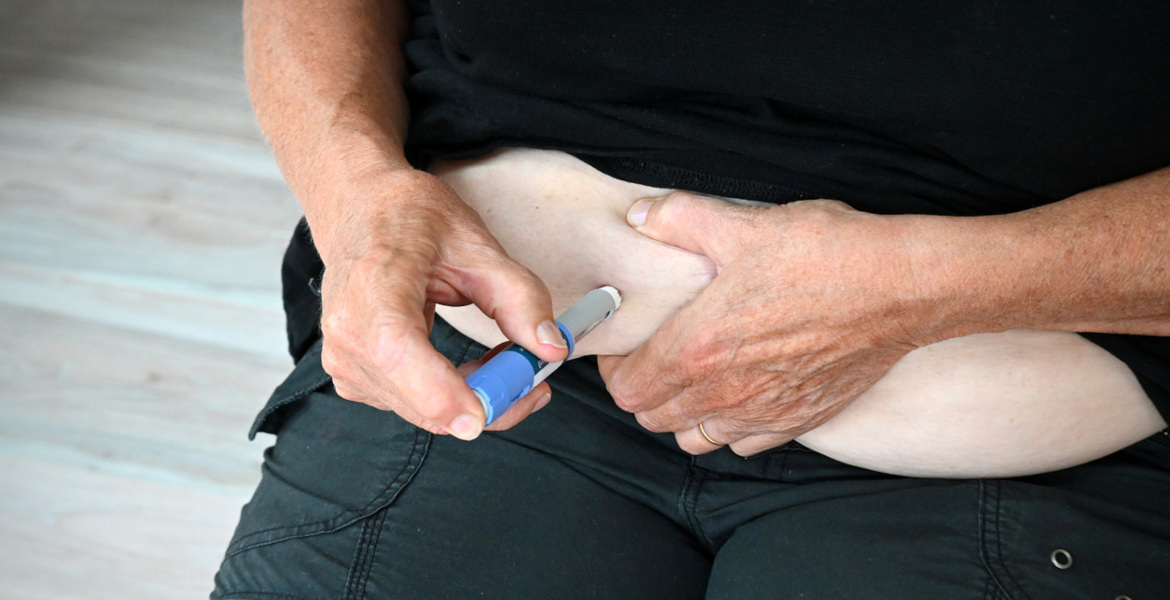The Swedish government wants to change the rules on blood donation and make the risk assessment more individualized. This may mean that gay men, among others, may have more opportunities to donate blood.
To be able to donate blood in Sweden, there are special rules regarding, among other things, sexual relations. For example, if you have had sex with a new partner, you must wait three months before you can donate blood. However, for homosexual men, people who have been exposed to the risk of blood infection, people who have paid or been paid for sex or women who have had sexual contact with a man who has had sex with a man, you must wait six months before you can give blood.
If a man has had sexual contact with another man, there is also a six-month waiting period during which no sexual contact is allowed at all. The rules apply regardless of whether a condom or other protection is used.
The government says it will now look at whether it is possible to ease the rules on blood donation in order to increase the number of blood donors. The idea is to follow the example of other countries such as the Netherlands and make more individual-based assessments of blood donors, which would also include gay men.
– The new individual-based risk assessment will be able to increase the number of blood donors, which is needed both for healthcare and from a preparedness perspective. It is very important that blood donation can take place safely, but the medical assessment should, as in other parts of the health care system, not be made at group level or based on sexual orientation, but based on each individual, says Minister for Health Acko Ankarberg Johansson in a government press release.
The government gives the assignment to the National Board of Health and Welfare, which together with the Public Health Agency of Sweden will look at what such a risk assessment could look like. The assignment will also be carried out in collaboration with the Health and Care Inspectorate and the Medical Products Agency.
The assignment must be reported no later than September 29, 2024. At present, about two to three percent of the population give blood.








